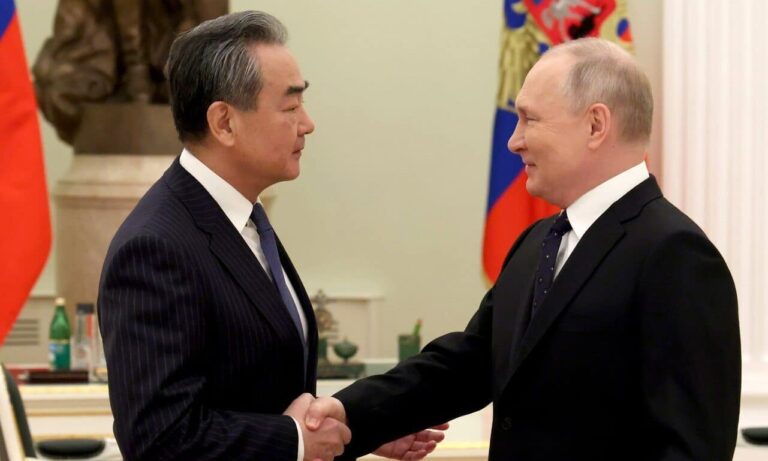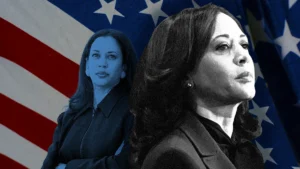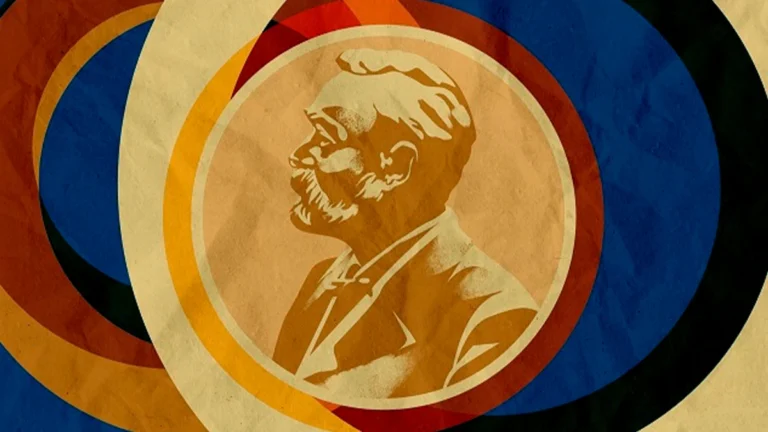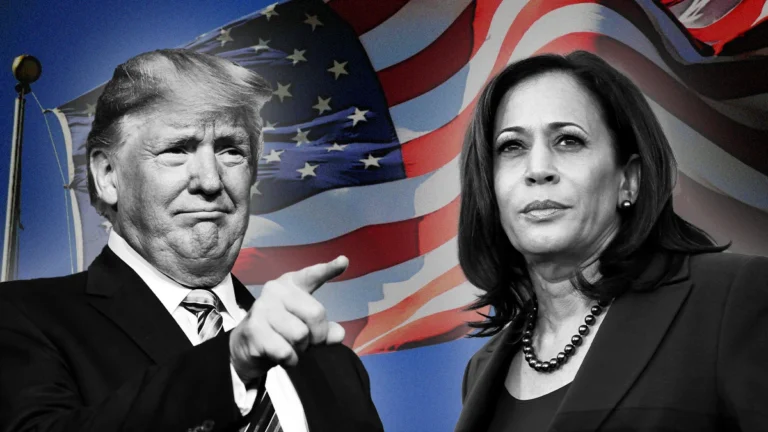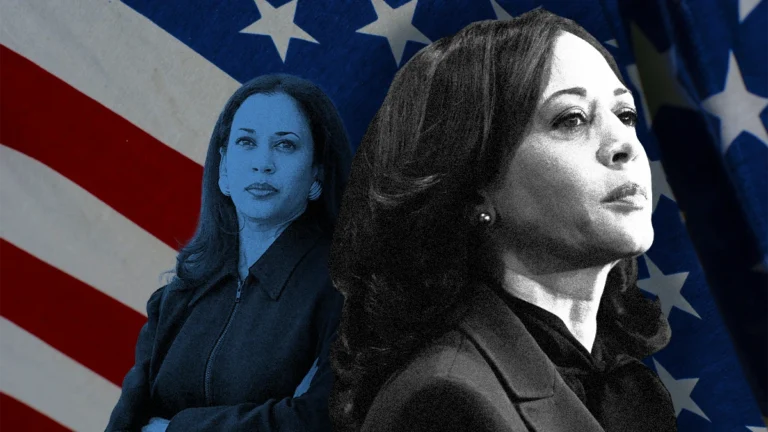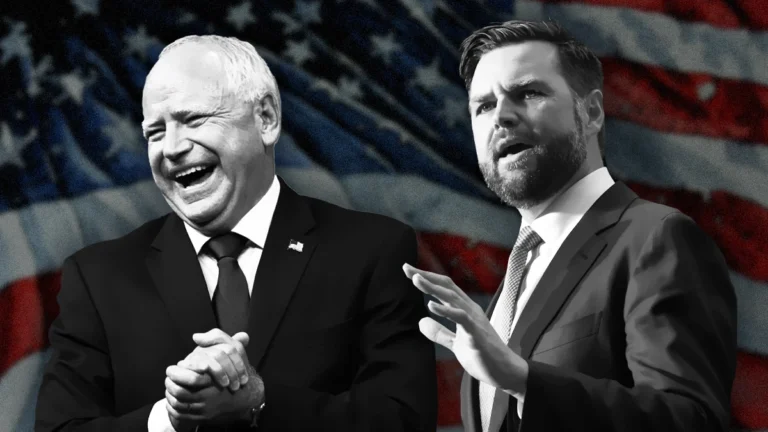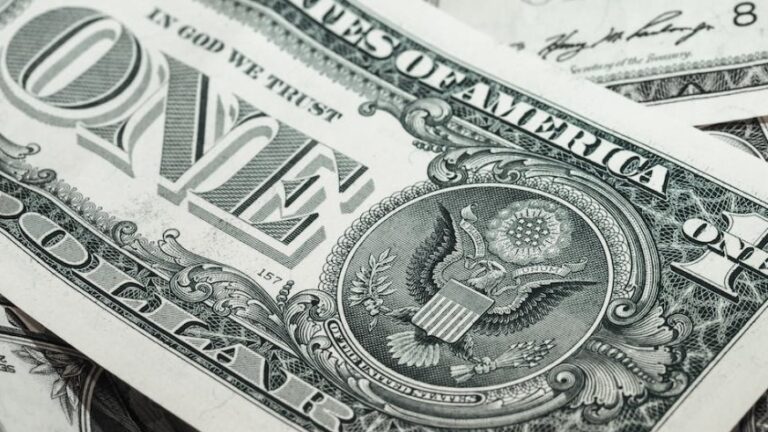For the first time, China takes an explicit position. The Chinese Foreign Ministry has released the document with proposals to end the war in Ukraine. But in an attempt to please everyone, generic suggestions remain.
A 12-points plan that is ambitious in its intentions and strong in the political clout Beijing enjoys at this stage – and yet in the generic reiteration of already known positions it seems to disappoint expectations, risking meeting with the cross-skepticism of the two warring parties and their allies.
Table of Contents
The 12 points of China’s proposed peace plan
Indeed, the starting point is the call for a ceasefire and the start of negotiations between Russia and Ukraine. To lend weight to this proposal, Beijing is attempting to consolidate for itself a third-party role, by drawing a policy framework that accommodates some of the demands of both sides.
After all, just yesterday China abstained in the vote at the UN Assembly on the resolution condemning the Russian invasion. The 12 points of the document are:
1. Respect the sovereignty of each country
“Independence and territorial integrity shall be strictly preserved in accordance with international law and the UN Charter.”
2. Abandoning the Cold War mentality
“The security of one country cannot be achieved at the expense of other countries; the security of a region cannot be achieved by reinforcing or expanding military alliances; there are no simple solutions to a complex problem: all sides should work on a European security architecture that is balanced, effective and sustainable.”
3. Cease hostilities
“War and conflict benefit no one: all sides must remain rational, prevent the crisis from spiraling out of control and help Russia and Ukraine resume direct dialogue as soon as possible to reach a truce.”
4. Resume peace negotiations
“Dialogue and negotiations are the only possible solution to the crisis; the international community should help the conflicting parties reach a political agreement.”
5. Resolving the humanitarian crisis
“Humanitarian missions must follow the principles of neutrality and impartiality; the safety of civilians must also be protected through corridors for evacuation from conflict zones and assistance operations that should be coordinated by the UN.”
6. Protect civilians and prisoners of war
“Parties should strictly adhere to international rules and respect the rights of prisoners of war; China favors and encourages exchanges of captured military personnel.”
7. Keep nuclear facilities safe
“Armed attacks on atomic power plants or other nuclear facilities should be avoided to prevent accidents.”
8. Reduce strategic risks
“Atomic weapons must never be used and nuclear wars must not be fought, just as the mere threat of using these weapons and chemical and bacteriological ones under any circumstances must also be avoided.”
9. Facilitate grain exports
“The parties must fully implement the agreement on grain exports signed by Russia, Ukraine, Turkey and the UN to avoid a global food crisis.”
10. Stop unilateral sanctions
“China opposes economic sanctions that are not authorized by the UN Security Council.”
11. Stabilize industrial production and supply chains
“Everyone should avoid using the global economy as a weapon or tool for political purposes; joint efforts are needed to mitigate the impact of the crisis on energy, finance, trade and transportation.”
12. Promote post-conflict reconstruction
“The international community must take measures to help reconstruction in war zones; China is ready to provide assistance and play an active role in this field.”
The Chinese ambiguous position: could China be helping Russia in the war?
Over the past year, the Chinese government has always had a close but ambiguous position with Russia. Which, however, is increasingly untenable. Wang Yi, China’s chief of diplomacy, met with Russian President Vladimir Putin in Moscow on Feb. 22.
Putin welcomed Wang very warmly and with great honors. He said that relations between China and Russia are reaching “new frontiers” and that he hopes relations between the two countries will become increasingly close. Wang’s visit to Moscow is part of a larger diplomatic tour, but it was still viewed with some concern by the West.
Which fears that China may decide to intervene on Russia’s behalf in the Ukrainian conflict more decisively. In this first year of the war in Ukraine, China’s position has been very ambiguous. Formally an ally of Russia, China has never directly supported the Russian invasion.
And on more than one occasion has merely called for the start of negotiations and an end to the fighting. But, it has never put too much effort into achieving these goals. At the same time, China has been instrumental in helping Russia circumvent Western sanctions.
U.S. is confident: China has positioned itself with Russia
The West’s greatest concern has been expressed by U.S. Secretary of State Antony Blinken, who said that the U.S. is aware that China would be considering sending arms and ammunition to Russia to directly support the Russian invasion of Ukraine.
On Saturday, February 18, Secretary of State Antony Blinken saw Wang Yi on the sidelines of the Munich Security Conference. According to Administration sources, Blinken reportedly proposed to his interlocutor to resume a “constructive” discussion after the spy-balloon crisis.
High on the agenda was the war in Ukraine. U.S. intelligence suspects that China is providing Putin with useful material for the conflict on the ground. The meeting, however, was disappointing. Wang Yi in fact did not even consider Blinken’s solicitations.
After that, he set course for Moscow to anticipate the contents of the “peace plan”. At this point, the US has no more doubts. Namely, that Beijing has positioned itself in Moscow’s camp. Its “peace initiative” is but a rescue maneuver, a political cover for Putin’s benefit.

